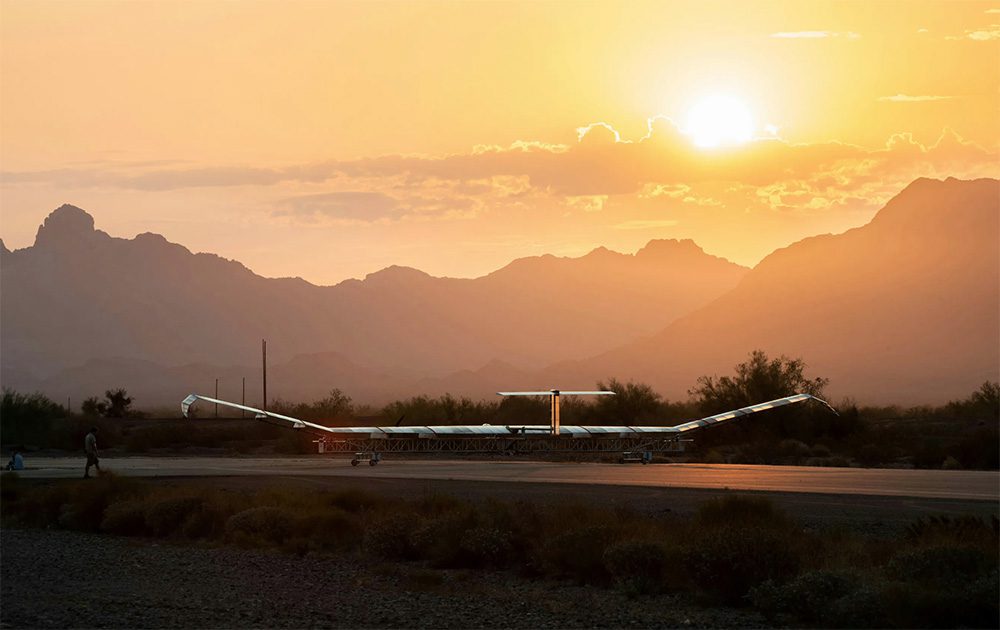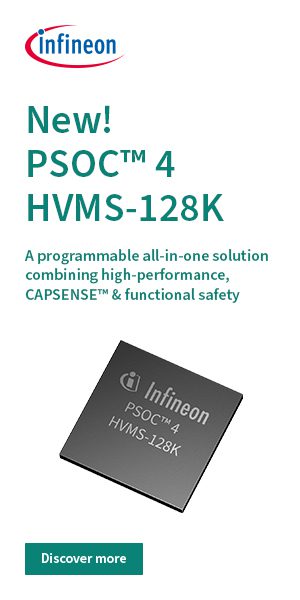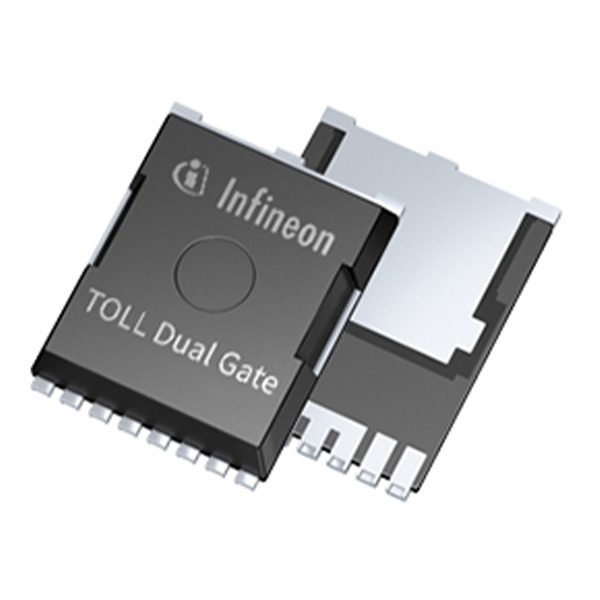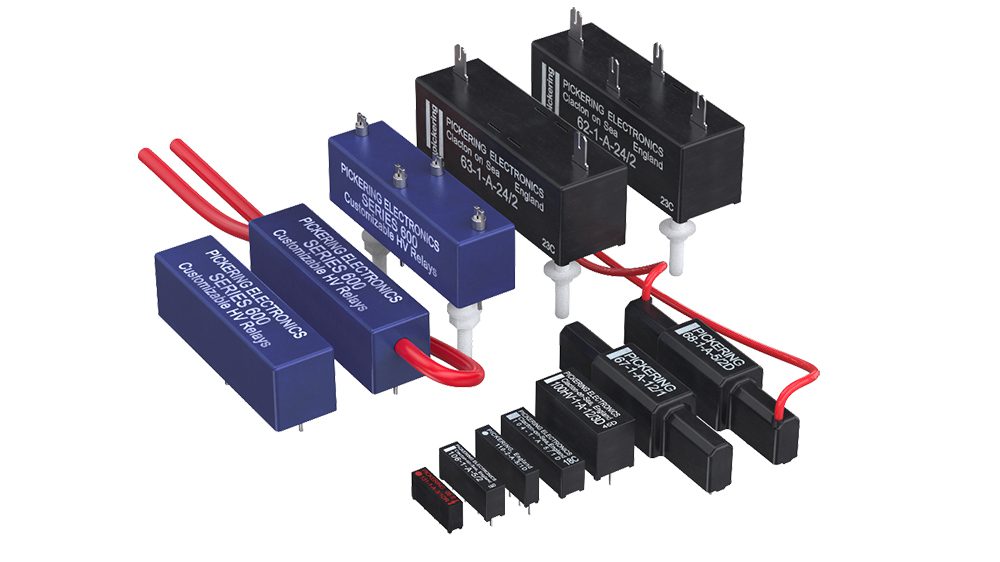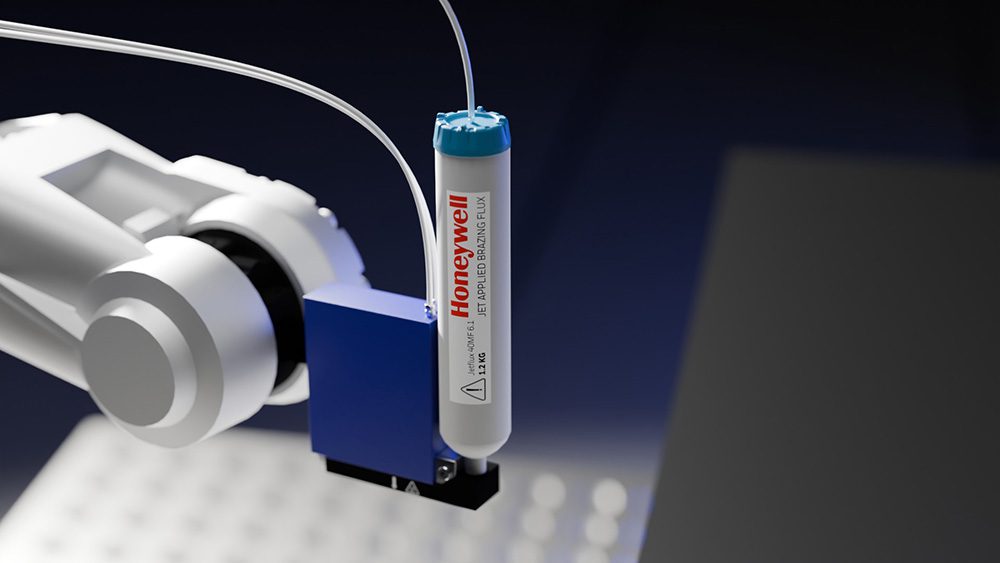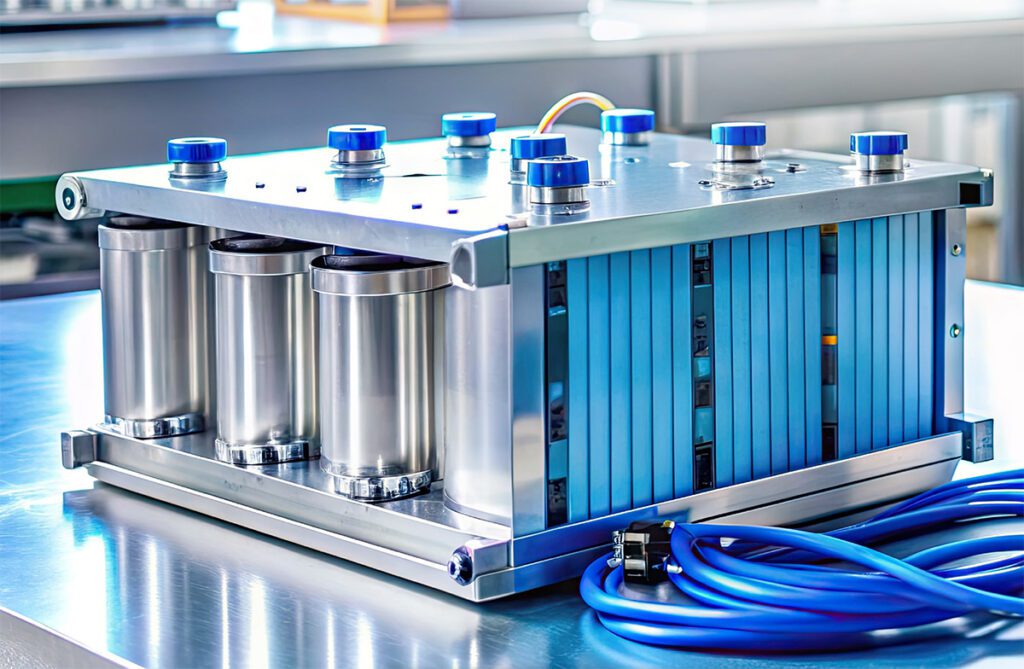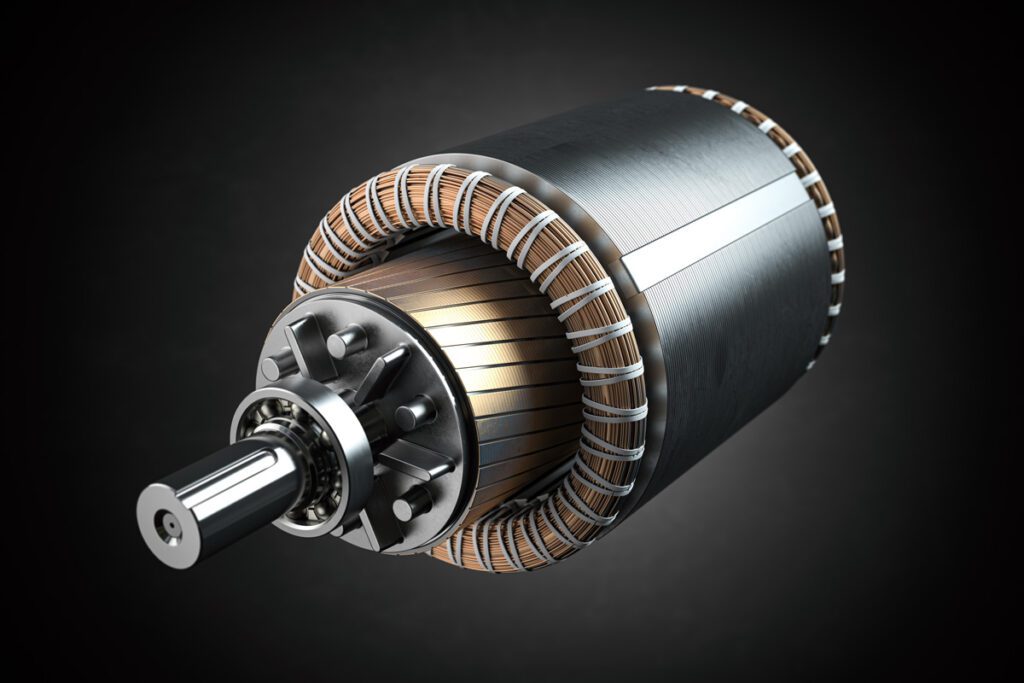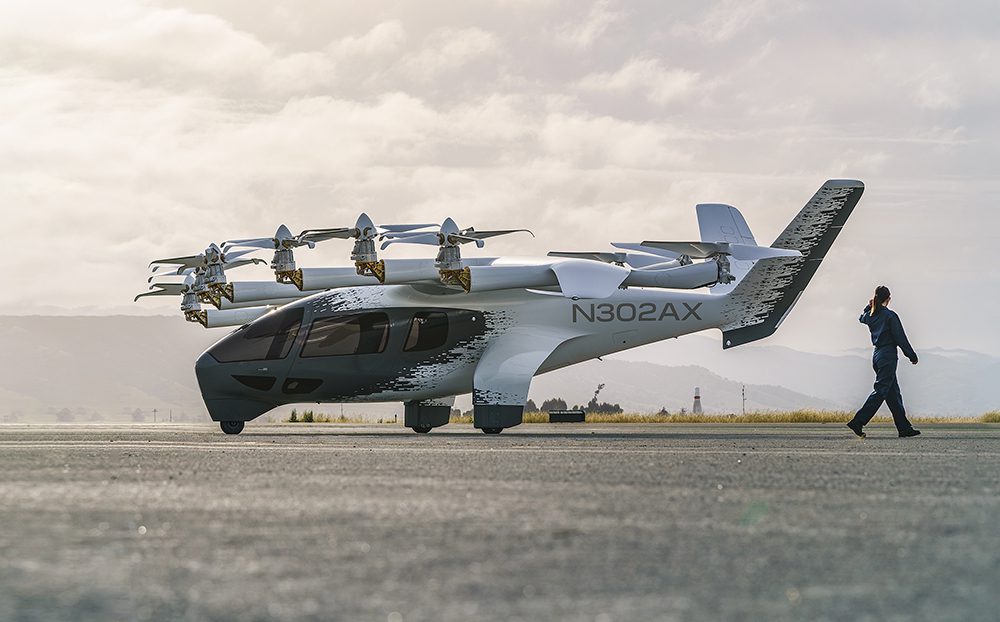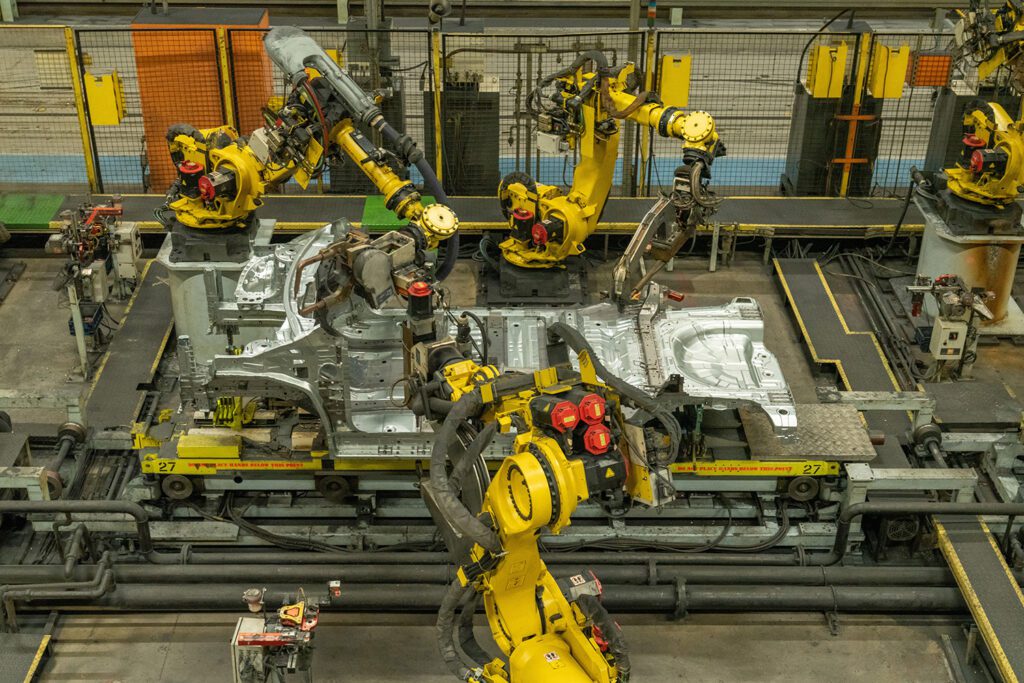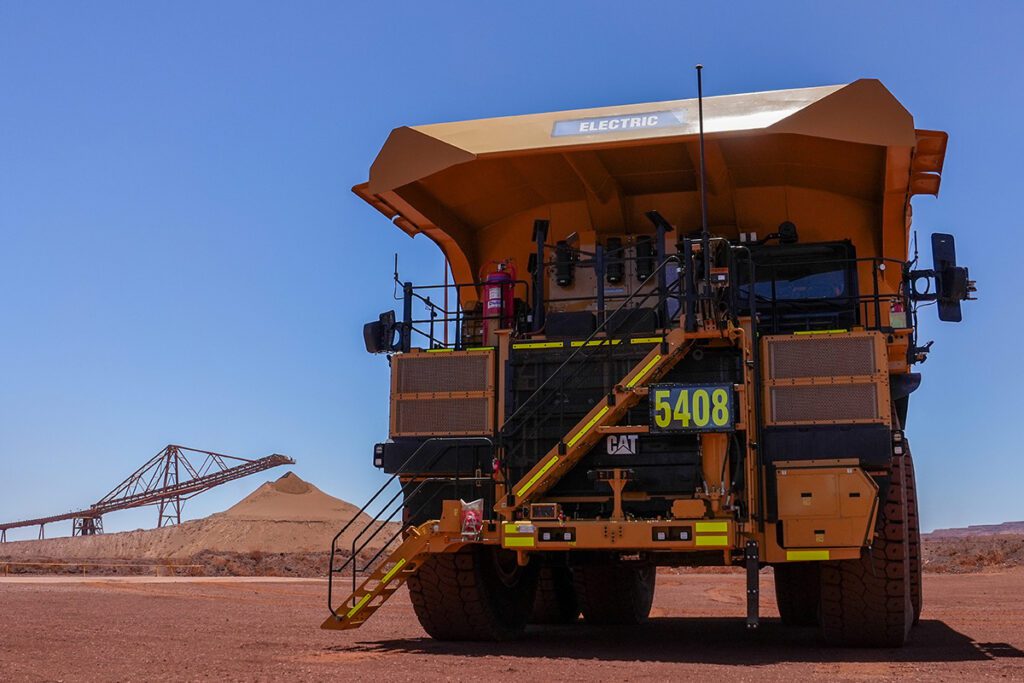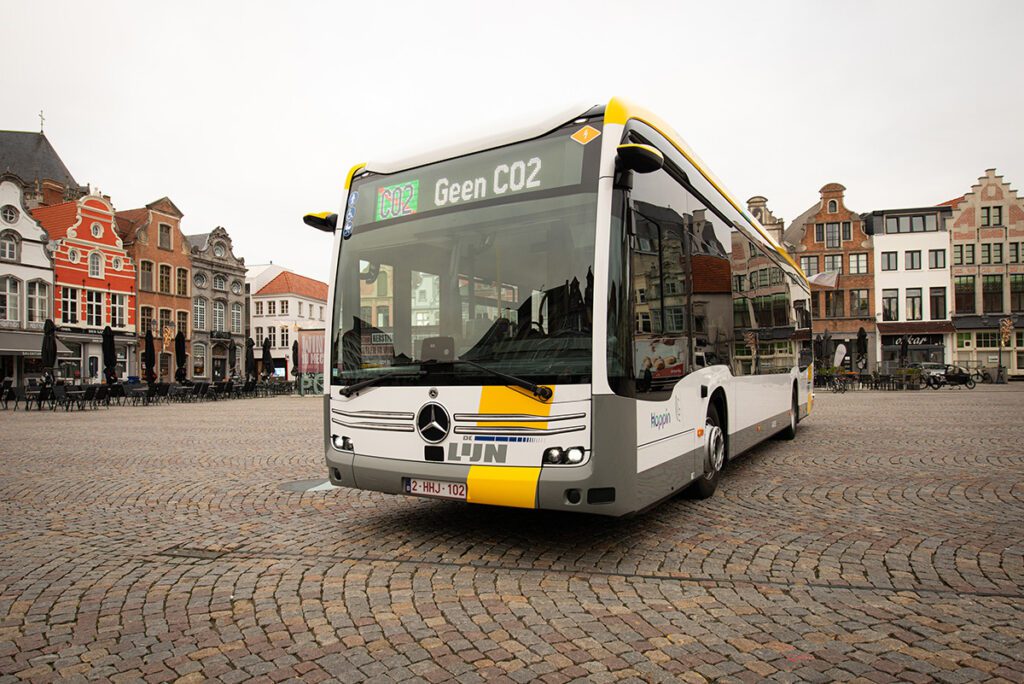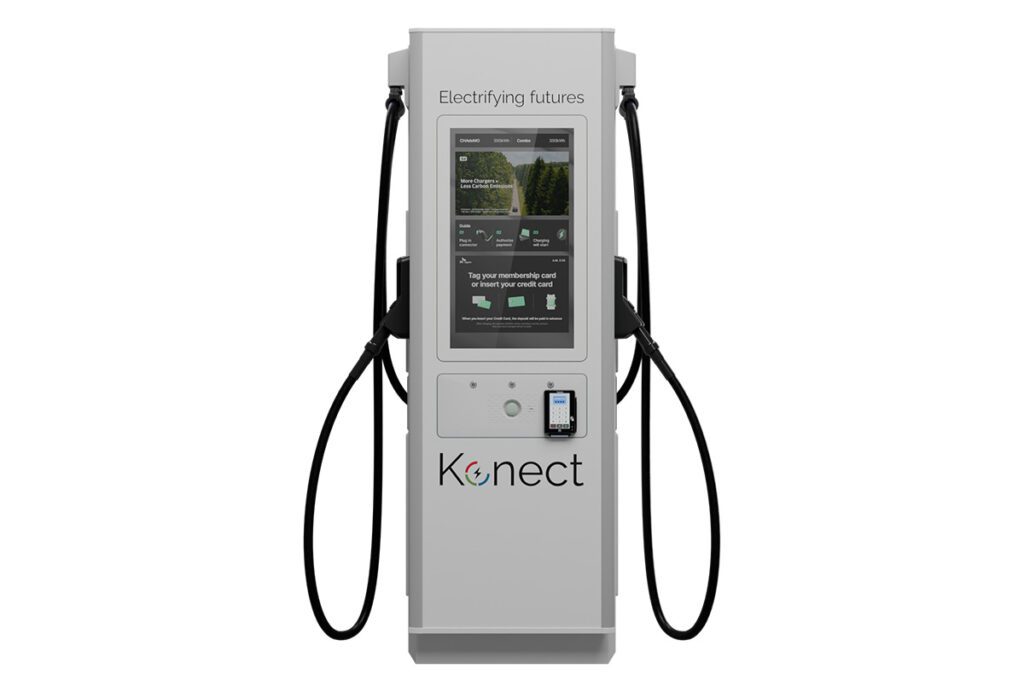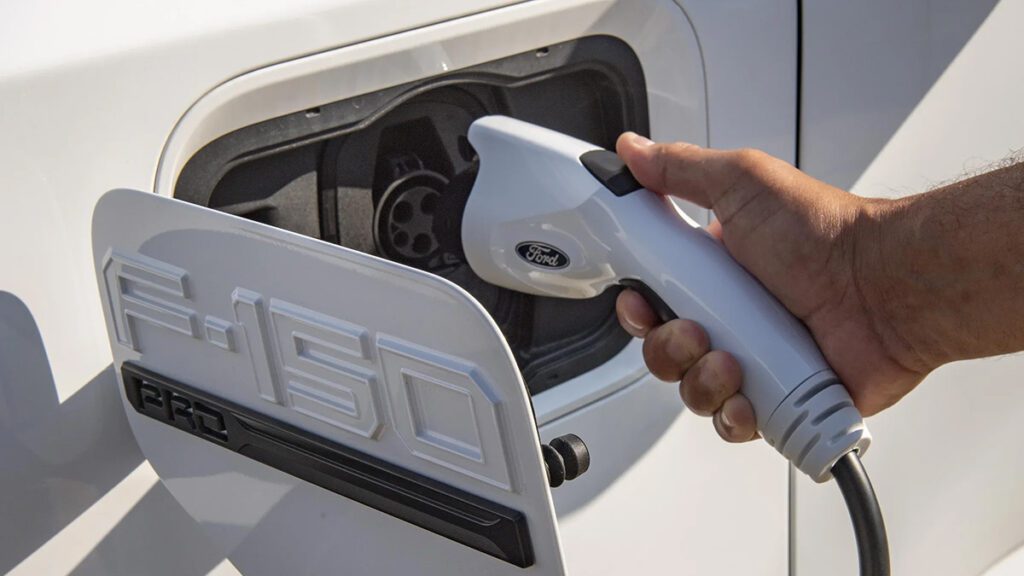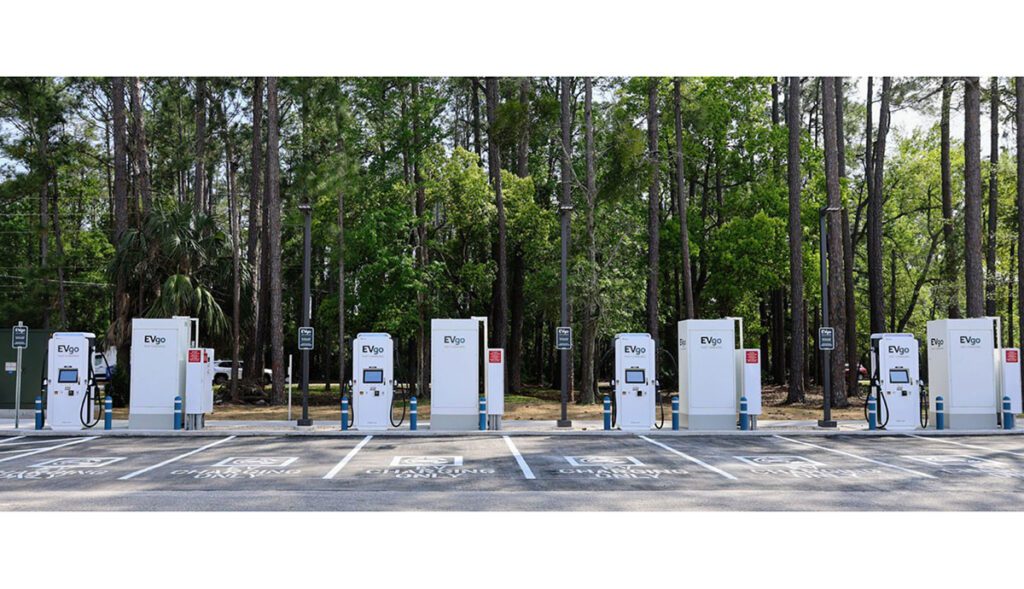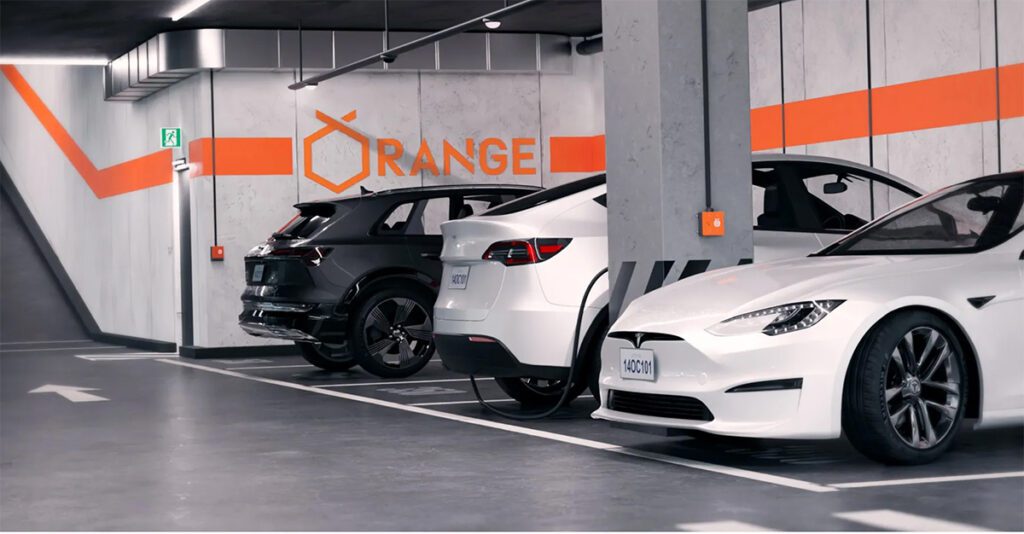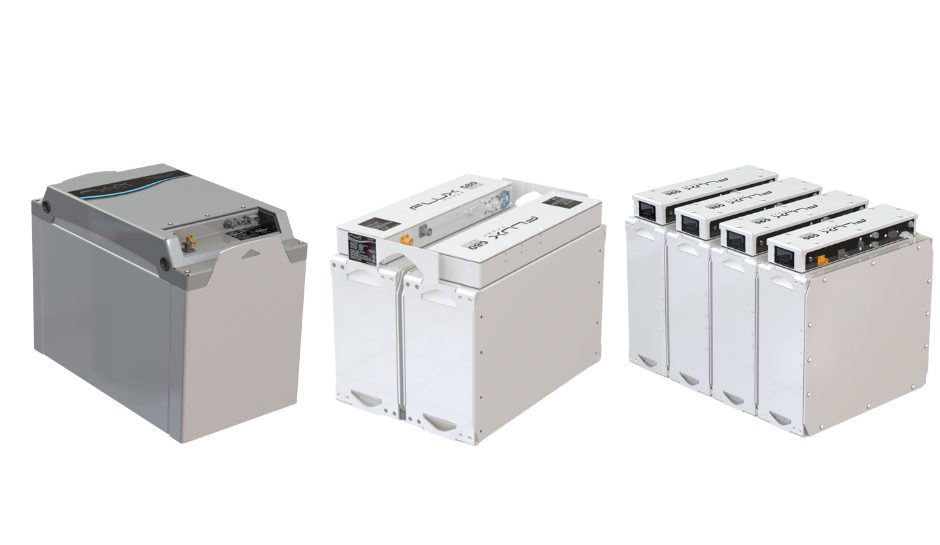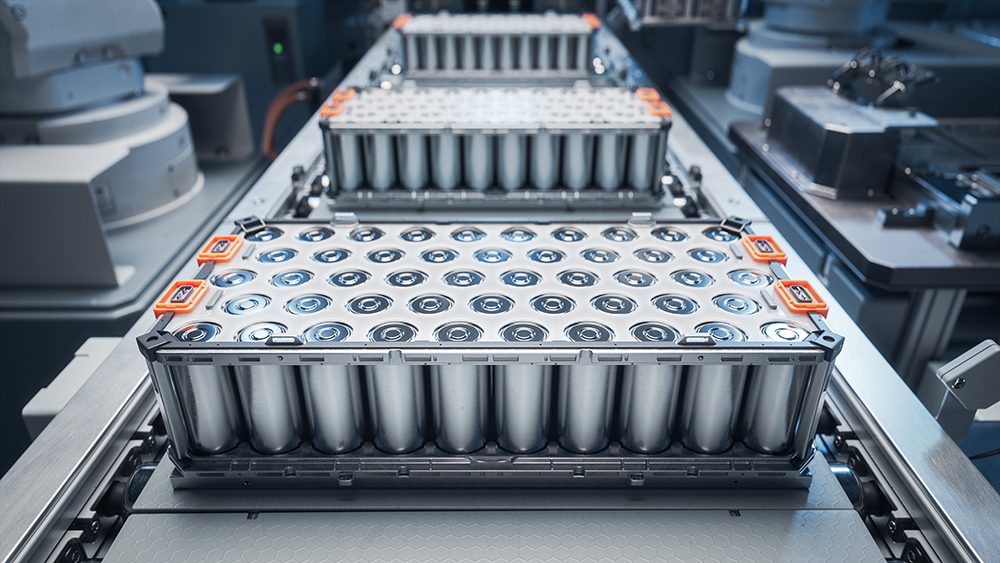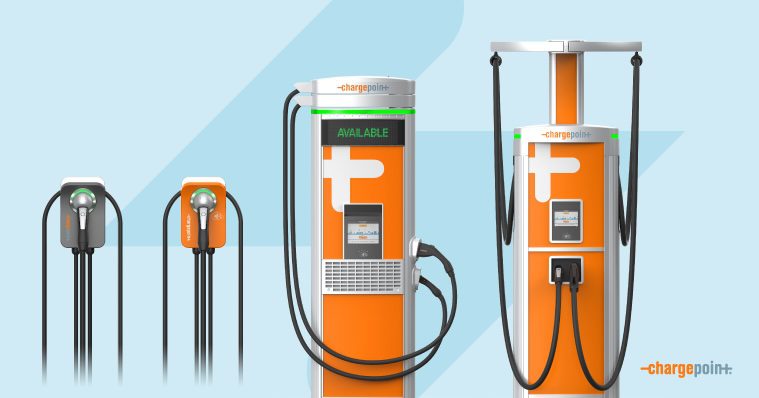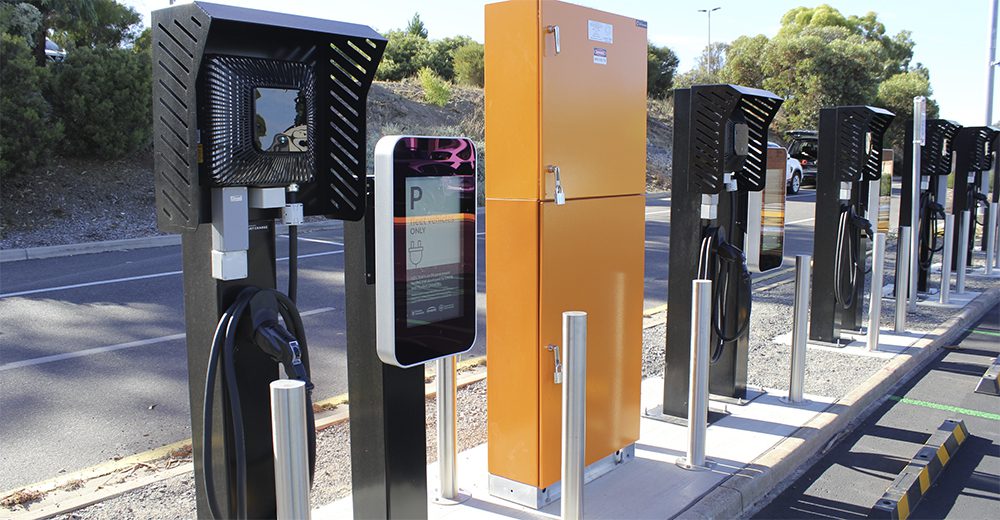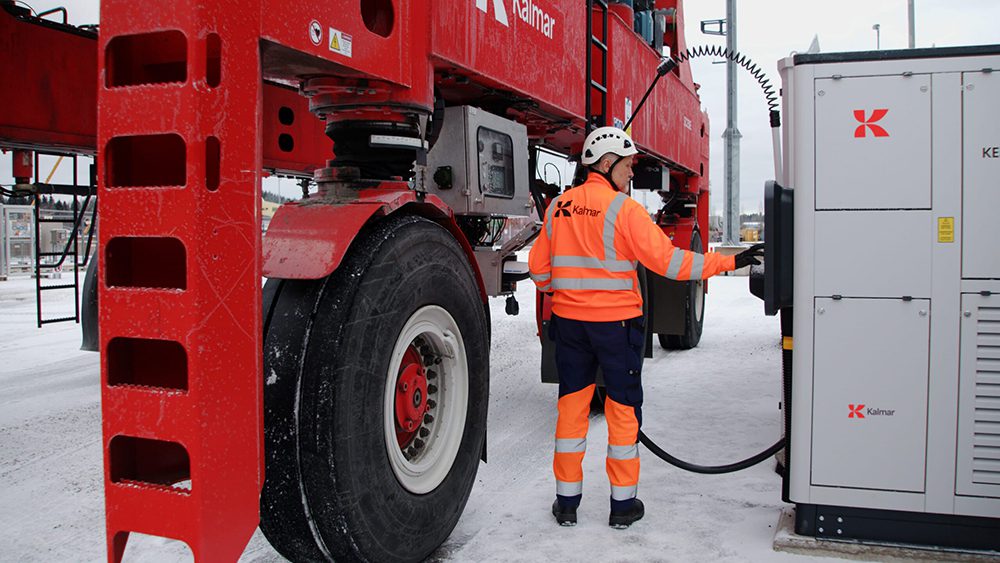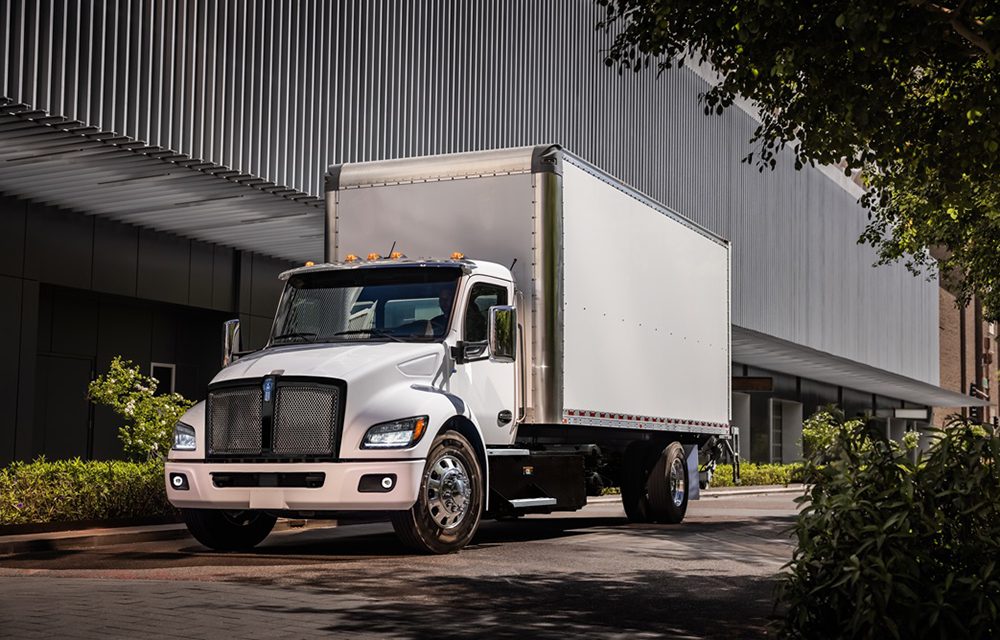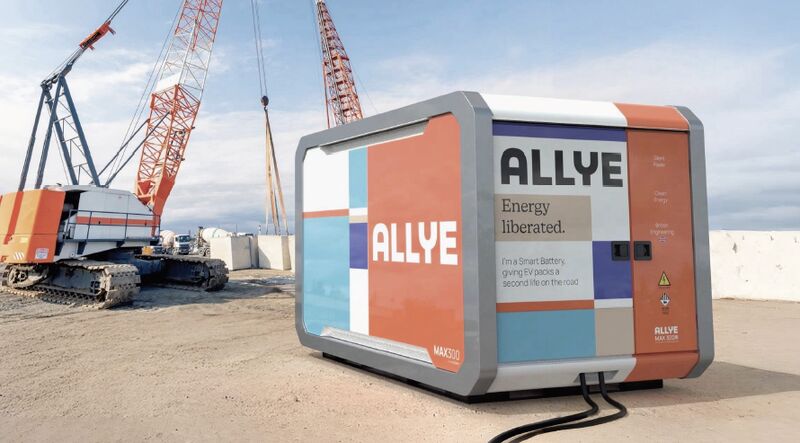The record-setting 67-day flight of the Aalto high-altitude pseudo-satellite Zephyr was powered by ultra-high-energy batteries from Amprius Technologies.
Aalto is a UK-based subsidiary of Airbus Industries that manufactures the Zephyr high-altitude pseudo-satellite. QinetiQ designed the original Zephyr.
Aalto aims to commercialize the Zephyr in 2026.
High-altitude pseudo-satellites are a type of unmanned aircraft—a category that can include airplanes, airships or balloons—that are positioned in the stratosphere (above 12.5 miles or 20 km in altitude) to provide services similar to those offered by satellites.
The advantages of high-altitude pseudo-satellites include low latency and real-time communication, especially when compared to low-Earth-orbit satellites.
During the recent 67-day flight, which broke Zephyr’s prior endurance record of days, the craft charged its batteries during the day using solar panels and relied on the Amprius batteries at night. Few battery cells capable of delivering the required endurance for persistent HAPS missions are available on a commercial basis, Amprius said.
Source: Amprius Technologies




